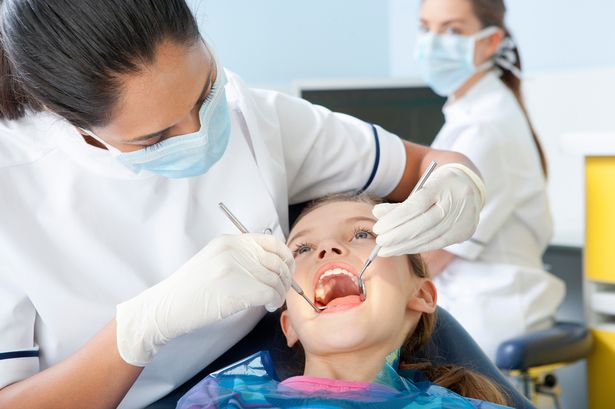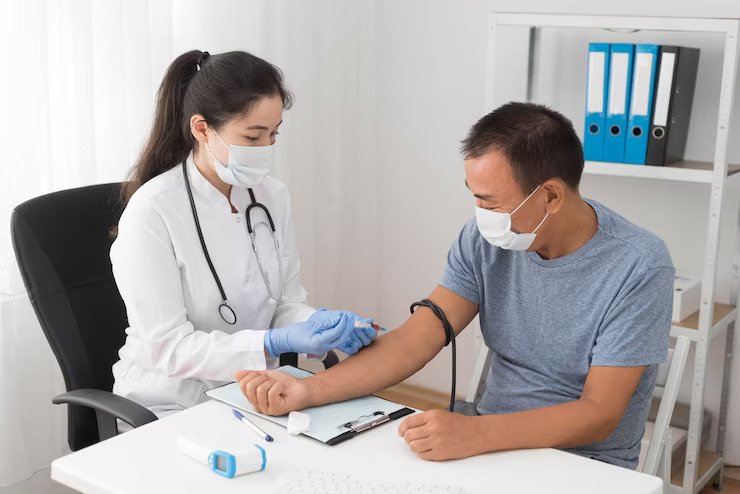No matter what age or gender an individual is, taking care of one’s sexual health should be a top priority. This is crucial nowadays, especially for those who are sexually active and have multiple sexual partners. By paying attention to the causes, symptoms, and facts about sexually transmitted diseases (STDs) and sexually transmitted infections (STIs), we can protect our health and be able to practice safe sex. You might ask, “Why is it so important?”. Because STDs and STIs are so rampant and what’s even worse is that the numbers of cases continue to rise every year in many parts of the globe. Singapore is no exception – with the recent medical advances in HIV prevention, a lot of individuals have become complacent and as a result, there is a decline in the number of people who are using condoms, as they feel safer relying on the effectiveness of anti-HIV medications and vaccines. Another thing: many individuals tend to get embarrassed about seeking medical attention for growths in their genital area. One example of such is genital warts, or the fleshy growths that develop around the genitals or anus as a result from an infection with the human papillomavirus (HPV). To treat genital warts, the first step is to see a doctor or a dermatologist.
Genital warts require different treatments. Although the body’s immune system may be strong enough to fight off the virus that causes genital warts and they may go away without treatment, it is best to consult a medical professional to determine which treatment option is best for you and to prevent the infection from being passed to other people.
For more information about genital warts and its treatment, this article will discuss the following topics:
- How do genital warts spread?
- How are genital warts diagnosed?
- What are the symptoms of genital warts?
- What are the treatment options for genital warts?
How genital warts spread
A long time ago, it was widely believed that penetrative sexual intercourse is the reason why STDs and STIs get passed from one person to another. This information has been debunked by the medical community to make sure that people will make the necessary safety precautions to protect themselves better against diseases and infection.
Genital warts are an STI that can be passed through direct skin-to-skin genital contact (vaginal, anal, or oral) with a person who has HPV. It can also be passed by a mother to her child during birth, but it is rare.
This condition is not always visible to the eye. Some people may have the infection but do not experience symptoms and show no signs as well. Others may notice a cluster of very small warts (the color of the skin or a shade lighter), or just a single wart. Aside from the inside and outside areas of the genitals and anus, this type of warts may also be present in the area between the stomach and thigh and the mouth, lips, tongue, or throat.
How it is diagnosed
During your appointment, the doctor or nurse will start by asking you questions about your health and sexual history. You will need to describe the symptoms you have experienced and whether you have had multiple sexual partners and have engaged in unprotected sexual intercourse. Then they will perform a physical examination of any areas where you suspect warts may be developing. A doctor can recognize the presence of genital warts during a physical exam. This may involve looking inside the patient’s anus, urethra, or vagina, depending on where the warts are. In some cases, the doctor takes aa small skin sample of a wart (biopsy) and then send it to the laboratory for further testing.
It should be noted that some types of genital warts are very small and can only detected using a colposcope, a special magnifying device. A colposcopic examination of the cervix and vagina or a Pap smear can help the doctor diagnose genital warts.
Symptoms of genital warts
The primary symptoms of genital warts are genital itching/irritation, mild bleeding, (vaginal) discharge, and a burning sensation in the affected area. You should see a doctor or go to a sexual health clinic in Singapore if you notice one or more painless, rough lumps or growths in your penis, vagina, or anus, or if you have a sexual partner who has genital warts, even if you do not experience the symptoms.
Treating genital warts
Genital warts usually go away on their own and without treatment, but they may also get bigger and multiply. To make sure that the latter will not happen, it is best to treat the warts at its early stage (or as soon as you become aware or suspect that you have them).
Topical wart medications like trichloroacetic acid (TCA), imiquimod (Aldara), or podophyllin and podofilox (Condylox) may be prescribed by your doctor for treatment. Podofilox has been proven effective for external warts to prevent them from growing, while Imiquimod is great at boosting the immune system of the body so that it can fight against the infection.
A special type of medication can be injected directly into the warts as well. This is called Interferon, an antiviral medicine.
Your healthcare provider may use one of these surgical methods to treat your condition:
- Laser treatment: the doctor will use the light from laser device to destroy the blood vessels inside the warts, thus effectively cutting off their blood supply.
- Electrocautery: electric current is used to burn (cauterize) the wart/s.
- Cryosugery: this procedure uses liquid nitrogen to freeze and destroy the warts
- Excision: this surgical removal is performed on warts that are too large or do not respond to other treatments.
A final reminder
Before self-medicating or undergoing any treatment, you should consult with a doctor or dermatologist first to make sure that the treatment is suitable to your condition and to determine if there are possible side effects. You should also know that the treatments mentioned in this article may successfully remove the warts, but they may not get rid of the virus. And if you still have the virus, it means it can still be passed through sexual intercourse. You should talk to your healthcare provider to discuss further options and make it a habit to practice safe sex to lessen the possibility of spreading the virus.
Dr Ben Medical @ Raffles Place/ Tanjong Pagar
SBF Center Medical Suites
160 Robinson Road
#03-09 SBF Center Medical Suites
Singapore 068914
contact@drbenmedical.sg
+65 888 12344 | +65 888 12344







